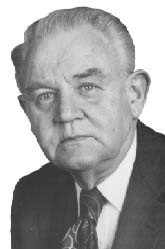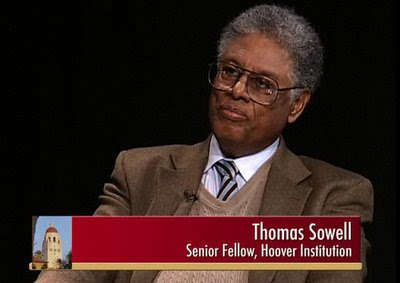Today we look again at the overuse of the
uninhabited clause, a form of
bad diction. “Uninhabited clause” is my phrase for a main clause* with a subject that is a physical thing or a concept, as opposed to a person or group of persons. It is a main clause that has no people in it.
Now, there’s nothing
inherently wrong with uninhabited clauses. But when we use a lot of them we confuse, tire and irritate our readers.
An example of the overuse of the uninhabited clauseToday’s example is an excerpt from
an essay by Andy Nowicki titled “The Bright Side of ‘Torture Porn.’ ” (Don’t worry, the excerpt contains no disturbing language. Via uninhabited clauses and other bad diction, Mr. Nowicki has made it as bland as oatmeal.)
Here are Mr. Nowicki’s first three paragraphs, with the subject of each main clause in boldface:
“Moral
permissiveness is one symptom of a society in conspicuous decline. However, insofar as moral permissiveness feeds into artistic permissiveness, a wholly negative
trend becomes at least potentially positive. ‘Extreme’
art — that is to say, art that is dark, disturbing, and, to use a much overused word, ‘edgy’ — often provokes reflection among its consumers, whether or not the artist intended any such thing.
That is especially true of movies, which remain powerful and culturally ubiquitous in their influence.
“
I hardly need point out that reflectiveness and permissive behavior seldom go hand in hand; the
former is, in fact, the determined enemy of the latter, and vice versa. Thus, in an age of decadence,
movies that are ‘extreme’ in content and theme have a double-edged function. On the one hand,
they tend to feed the increasingly perverse appetite of a jaded and debauched general public. But that
problem is sometimes misleadingly magnified by shortsighted right-wing scolds (conservative film critic Michael Medved being the most egregious example), who appear to think that the production of any movie containing profanity, nudity, or violence amounts to another act of naked aggression by liberal Hollywood against decent American values.
“Less often remarked by prominent conservatives is the undeniably chastening
effect that an ‘extreme’ movie tends to have on an audience.
Watching people do terrible things to other people for two hours on screen may titillate some viewers who are probably already drawn to deviancy, but
it usually has the opposite effect on most people. In fact the ‘extreme’
format may be an ideal vehicle for bringing home the point that restraint, found through the embrace of morality, is needed lest we become a society in which ‘anything goes’ — which is just another way of describing a realm where the strong and sadistic have free rein to prey upon the weak and defenseless.”
Critique of the exampleI’m sure you can feel it. Whenever a writer piles up a lot of main clauses with non-human subjects, his writing feels academic, theoretical and irrelevant. Overall, the prose conveys to the reader a sense that “nobody’s doing anything.”
In these three paragraphs, Mr. Nowicki has used thirteen main clauses, with thirteen subjects. Twelve subjects are non-human. Only one (“I”) is human:
permissivenesstrendartThat [the provoking of reflection]Iformermoviesthey [movies]problemeffectWatchingit [watching]formatThe Takeaway: Whenever you feel that your copy is dry, take out a pen and circle the subject of every main clause in two or three paragraphs. Then go back and double-circle the human subjects. Then read aloud all the non-human subjects. You will see, hear and feel the lifelessness of your copy. Where possible, put in some people. It will animate your prose. Of course, when you are dealing with abstract topics such as logic and metaphysics, you won’t be able to add as many people. But adding even a few people here and there – even if only in examples – can make your copy feel more alive to the reader.
*Also called primary clause, independent clause, and sentence.








